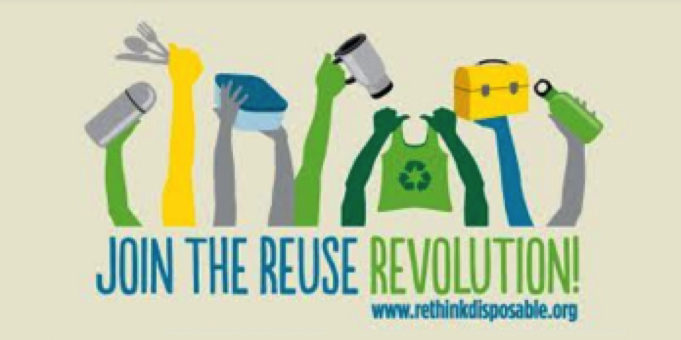It’s hard to tell from a simple $10 t-shirt that it took a lot of energy to grow, harvest, and process the cotton; manufacture the fabric and sew the shirt; and package and transport it. In a sense, the t-shirt has energy embodied in it, and by purchasing it we are adding to our carbon footprint.
Reducing purchases, purchasing second hand, and maintaining what we already have are good strategies for helping to reduce climate change. Saving money and reducing waste are additional benefits! Here are strategies for reducing your embodied carbon footprint:
- Commit to a lifestyle change of ‘less is more.’
- Ask yourself if you really need to purchase an item.
- Look for secondhand options on Craigslist, Freecycle, Nextdoor, or in a secondhand store such as Savers or Goodwill. Buy recycled or upcycled items too.
- Borrow less frequently used items from friends or neighbors. Newton Free Library offers a Library of Things.
- Commit to repairing an item if possible (and purchasing quality items that can be repaired).
- Donate or sell unwanted items in good condition rather than discarding in the trash.
Check out the City of Newton’s resources on reducing and reusing everything from furniture to food scraps.
Pinpoint Donations, a website started by Newton high school students, maintains a list of local organizations in need of specific materials and items.
Don’t have the time to sort and donate on your own? The ‘junk’ removal company Junkluggers donates and recycles your items with a goal to keep 100% of the reusable items they haul out of landfills by 2025.



Recently on Twitter